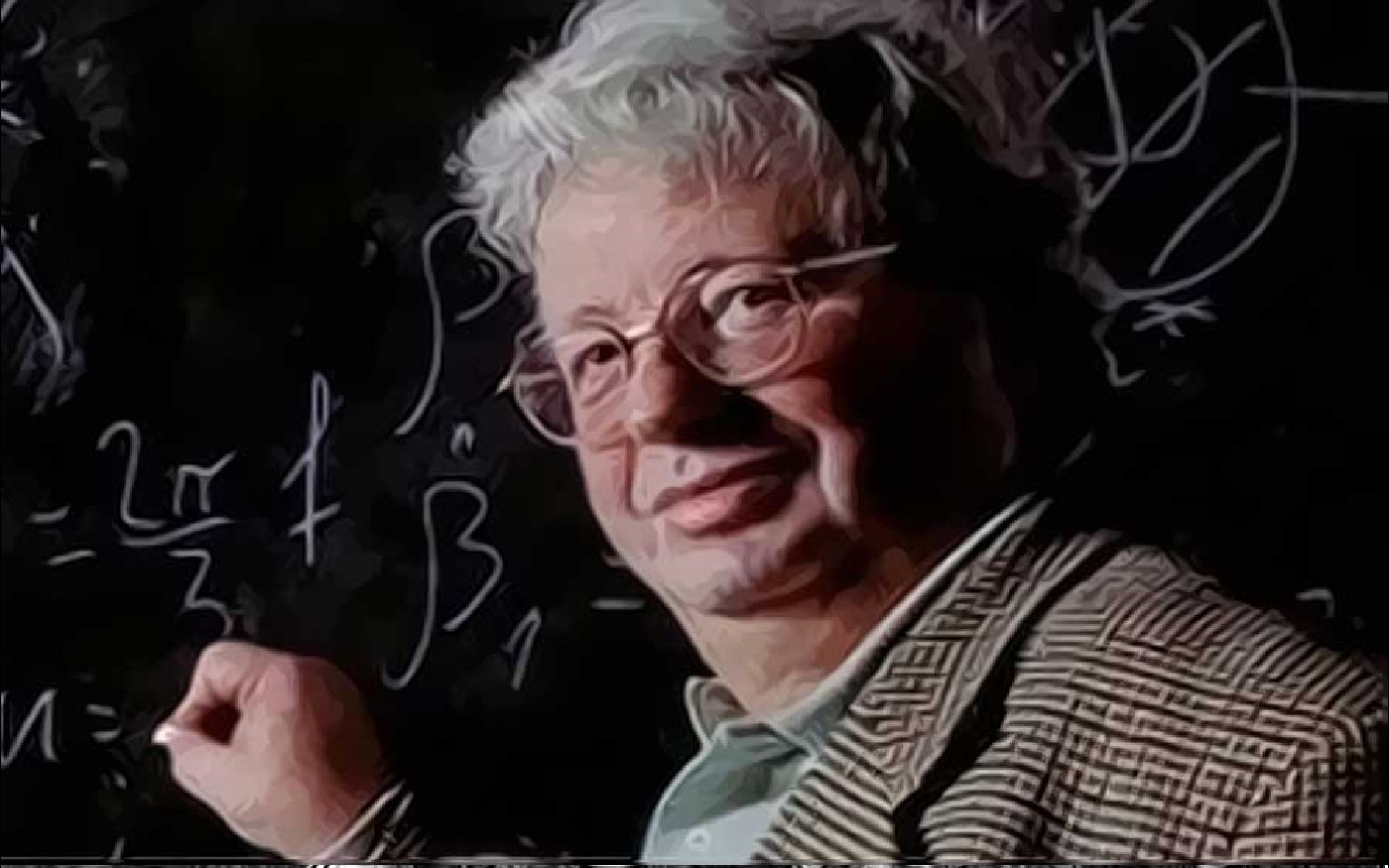
Emilio Del Giudice was an Italian theoretical physicist. He was a pioneer of string theory in the early 1970s; later on, he became better known for his work with Giuliano Preparata at the Italian Institute for Nuclear Physics (INFN);
Emilio was a prolific and original scientist, a giant whose intellectual legacy needs to be fully assessed for decades to come. He is best known for pioneering the quantum field theory of condensed soft matter, especially water. This is described in an article published in Science in Society #51, which is reposted fully referenced Quantum Coherent Water and Life, together with photographs of Emilio, the most recent taken at our Colours of Water art/science/music festival in March 2013 (http://www.i-sis.org.uk/coloursofwater/). Also reposted is a short video in which Emilio offers his insights on science and music.